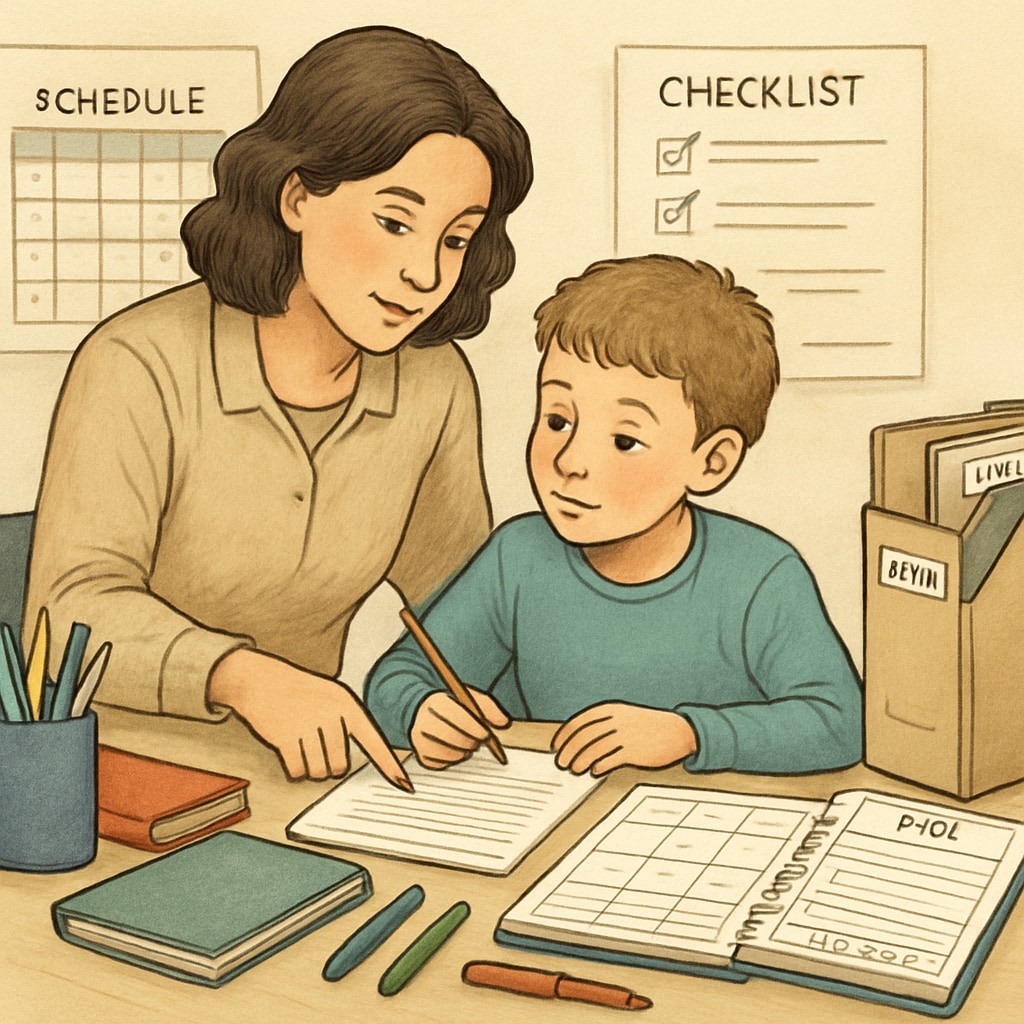For parents of children with special needs, navigating the challenges of executive function can often feel overwhelming. Conditions such as ADHD (Attention-Deficit/Hyperactivity Disorder) and autism frequently involve difficulties in areas like emotional regulation, time management, and planning. The online Executive Function Summit (TEFOS) provides a lifeline for these families. By offering specialized strategies and expert guidance, this event serves as a critical bridge between home and school, empowering parents to better support their children’s unique learning journeys.
Understanding Executive Function and Its Impact on ADHD
Executive function refers to a set of cognitive skills that help individuals manage their thoughts, actions, and emotions to achieve goals. For children with ADHD or other special needs, these skills are often underdeveloped, leading to challenges in everyday tasks like completing homework, following routines, or managing frustration. According to Britannica, executive function encompasses three primary domains: working memory, cognitive flexibility, and inhibitory control. When these abilities are impaired, both children and their caregivers face significant hurdles.
The TEFOS summit seeks to address these challenges head-on. By connecting parents with educators, psychologists, and therapists, the event provides actionable tools and frameworks tailored to the needs of ADHD and special education families. These insights not only help parents understand the root causes of their child’s struggles but also equip them with practical solutions they can implement immediately.

How TEFOS Bridges the Gap Between Home and School
One of the standout features of the TEFOS summit is its focus on collaboration. Special needs education thrives when there is a strong partnership between families and schools. However, many parents feel ill-equipped to advocate for their child’s needs in educational settings. The summit addresses this gap by providing resources on Individualized Education Programs (IEPs), communication strategies, and how to work effectively with teachers and administrators.
For example, sessions on time management and task prioritization teach parents how to create visual schedules at home, which can complement strategies used in the classroom. Similarly, workshops on emotional regulation provide techniques like mindfulness exercises and sensory breaks, enabling children to better cope with stress both at school and at home.

Key Takeaways for Parents
Attending an online summit like TEFOS can feel like a transformative experience for parents. Here are some of the most valuable takeaways:
- Practical Tools: Resources like visual schedules, checklists, and reward systems for promoting positive behaviors.
- Emotional Strategies: Techniques for helping children manage frustration, anxiety, and other strong emotions.
- Community Support: Opportunities to connect with other parents facing similar challenges, fostering a sense of solidarity and shared learning.
- Expert Advice: Access to leading professionals in the fields of psychology, education, and therapy, who offer tailored insights and recommendations.
By the end of the summit, parents leave equipped not only with knowledge but also with the confidence to implement effective support systems for their children. As Wikipedia notes, early intervention and consistent strategies are critical for improving outcomes in children with ADHD. TEFOS ensures that families have the tools they need to succeed.
In conclusion, the TEFOS online summit is a groundbreaking resource for families navigating the complexities of ADHD and special education. By providing expert guidance and fostering community, it empowers parents to become proactive advocates for their children. For those seeking to make a meaningful difference in their child’s life, this summit is not merely an event—it is a lifeline.
Readability guidance: The article uses short paragraphs and clear headings to improve readability. Lists are included to summarize key points. Transitions like “however” and “for example” ensure a smooth flow of ideas. Complex terms like executive function are explained briefly to ensure accessibility.


